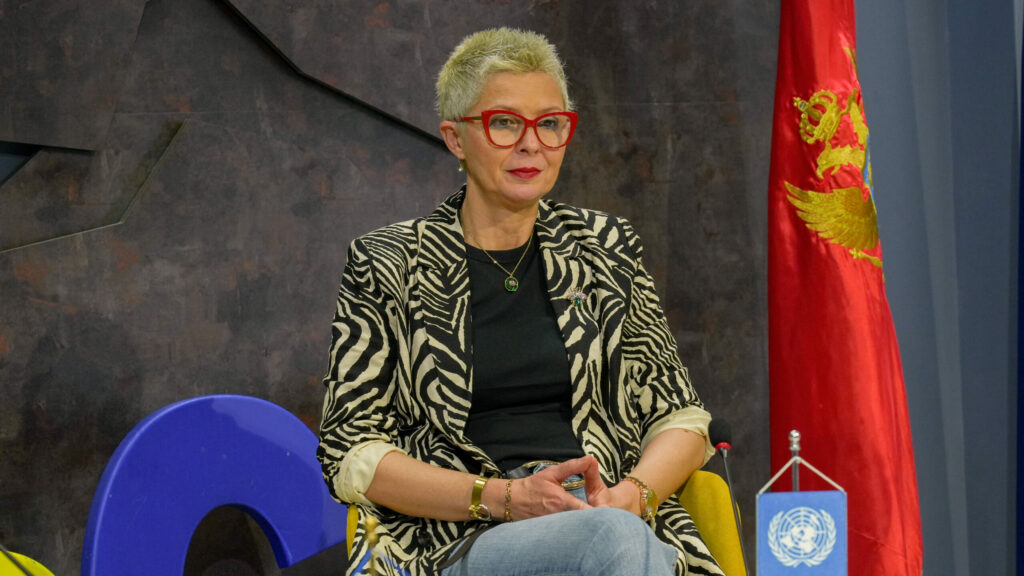Green energy creates green jobs
“The whole world is awaiting a global energy transformation. Montenegro must follow global trends to avoid being trapped in conventional energy sources,” said Director of the Climate Change Centre at UDG, Ivana Vojinović, during the panel “Sustainable Energy and Economic Development: How Renewable Energy Contributes?”, which was organised at Europe House.

Bojan Đordan, Executive Director of the Production Functional Unit of EPCG, said that science has recognised the human factor as the main cause of climate change, and we need to find ways on how to deal with it.
“Montenegro is a country that hasn’t utilised its hydro potential. Hydropower is something that is mandatory if we want to emerge with the lowest degree of vulnerability from the use of fossil fuels,” emphasised Đordan.

As Vojinović points out, climate change also creates significant economic losses in affected countries, but renewable energy sources are conditional. “Climate change has overtaken us because it causes droughts. Relying on hydro potential is also a matter of security,” she said.
The Thermal Power Plant in Pljevlja produces 40 to 50 percent of the total electricity production in Montenegro.
“Unfortunately, for a long time we haven’t had any new sources of energy. Efforts are being made to minimise the plant’s share of negative impact without jeopardising the country in an energy sense,” emphasised Đordan.
He added that we must not overlook the social aspect of the issue because the transition must be fair.
“We must first answer the question of what will happen to the people whose life expectancy is tied to such a way of life,” said Đordan.
As Aleksandra Kiković, Head of the UNDP’s team for green and inclusive growth, said, green energy also brings green jobs; we need to prepare the economy and the local community for business and life opportunities that will not depend on coal.

“We need to invest in creating new green jobs and a qualified workforce. We can have a nursery of young people who can make a huge contribution to all these processes,” she said.
A fair green transition is reducing the dependency on fossil fuels through a process that takes time but can be very successful if managed wisely.
“Young people, energy subjects, the academic community, decision-makers, the European Union, and foreign partners who will support the process are necessary,” added Kiković.
As announced by Đordan, Montenegro will soon have a new wind farm near Nikšić, which will significantly reduce the share of the Thermal Power Plant. “In addition to production, we also need to learn how to use energy if we want to undergo transformation,” said Đordan.
The panel “Sustainable Energy and Economic Development: How Renewable Energy Contributes” was organised as part of the “Let’s Start Clean Energy” campaign, which is implemented by Europe House in cooperation with the Youth Association “Step with Science” on behalf of the Delegation of the European Union to Montenegro.
